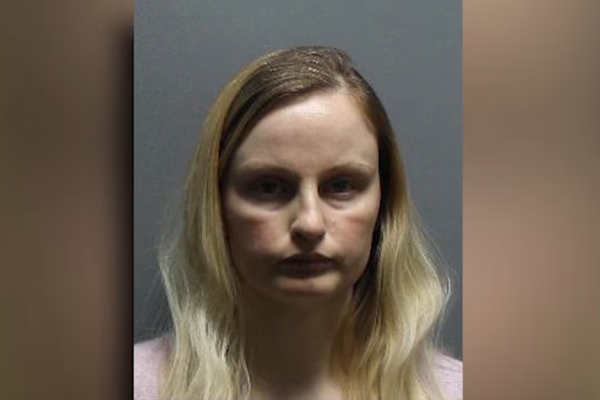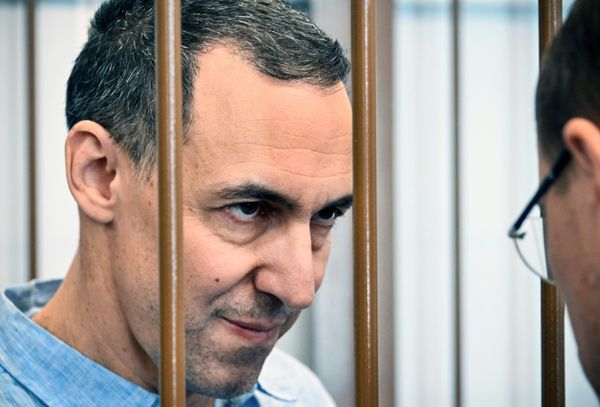Rod Mackenzie is lucky to be alive.
He's one of thousands of Australians who suffer a heart attack each and every year.
"I was walking back from the shed and had pain in my chest. I got inside and sat down and told my wife," he said.
"A minute later my arm started to go numb and I said, 'You better call the ambulance.'"
Almost three months since the ordeal, the north-west Tasmanian man has met with and thanked the quick-thinking paramedics who saved his life.
One of those is paramedic Tammy Lee, who responded to the call for help.
Ms Lee said without access to a newly available clot-busting medication on the ambulance, Mr Mackenzie could have gone into cardiac arrest and died.
Thrombolysis was once only delivered to patients after they arrived in hospital, losing valuable time.
However, the medication has started to be rolled out to ambulances across Tasmania.
Paramedic Simone Haigh said being able to get rid of a clot as soon as possible meant the risk of dying from cardiac arrest was reduced significantly.
"Previously, patients would have to be transported to the hospital and then they would get the drug, but now it is pretty much straight away," she said.
"Rod has had it very quickly and [it] resulted in no damage, and that is the outcome we are looking for."
Paramedics in the state's north-west were the first to have access to the medication. A statewide rollout is set to be completed over the coming months.
Queensland, New South Wales and Victoria also deliver pre-hospital thrombolysis to patients in regional areas. The Tasmanian guidelines surrounding the treatment were developed with assistance from the ambulance services in those states.
Ms Lee said the medication meant Mr Mackenzie received vital care at least three hours faster.
"It can be very scary for the patients and their family, which is why it is really important to take care of that emotional support as well."
She said it was important anyone experiencing heart attack symptoms called triple-0 immediately.
"We'd rather turn up and it be nothing and we will discuss it with you and leave than turn up and have a lot of work to do," she said.
"If it's enough for you to go, 'I've got chest pain,' then it's enough for you to call an ambulance."







